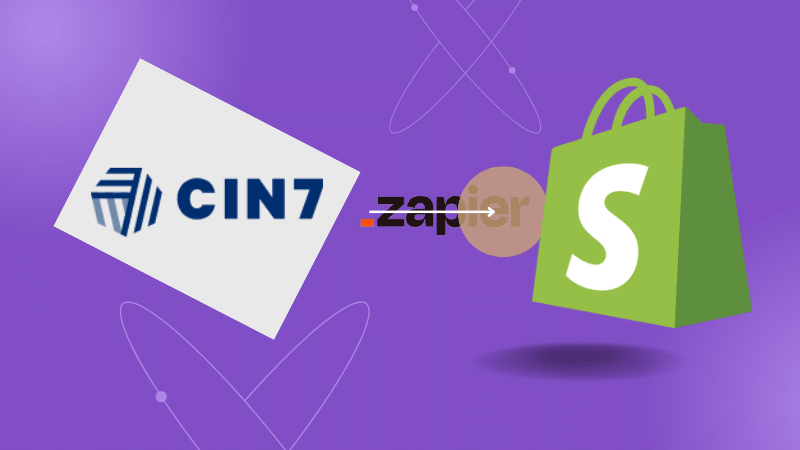In the bustling world of e-commerce, setting up shop online has always been challenging thanks to platforms like Shopify. With its user-friendly interface and plethora of customizable themes and apps, Shopify has become a go-to choice for businesses large and small. However, as your business grows and evolves, you may find yourself facing complex technical Read More…
Categories
Do You Need To Hire A Shopify Developer?
- Post author By Admin
- Post date April 30, 2024
- No Comments on Do You Need To Hire A Shopify Developer?

- Tags best shopify developers, build shopify website, find a shopify developer, freelance shopify developer, hire shopify developer, shopify, shopify app developer, shopify dev, shopify developer, shopify developer agency, shopify developer near me, shopify developer upwork, shopify expert agency, shopify expert cost, shopify expert marketplace, shopify expert near me, shopify expert services, shopify experts, shopify front end developer, shopify plus developers, shopify programmer, shopify store developer, shopify web designer, shopify web designer near me, shopify web developer, shopify website design agency, shopify website developer, shopify website experts














